Discover the Women of the Hall
These are the Inductees of the National Women’s Hall of Fame. Select any of the women to discover their stories and learn how they have influenced other women and this country.
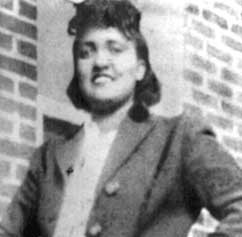
Henrietta Lacks
Lacks is best recognized for her immortal HeLa cells, which have been used in research that led to the development of the Polio vaccine, chemotherapy, and contributed to Parkinson’s research.
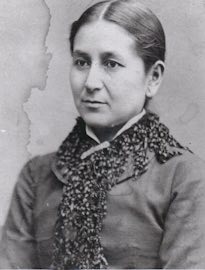
Susette La Flesche
Member of the Omaha Tribe and a tireless campaigner for native American rights. La Flesche was the first Native American published lecturer, artist and author. She helped change national perceptions about the rights of Native Americans.
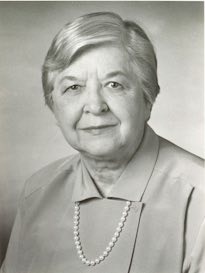
Stephanie L. Kwolek
Interested in science and medicine from a young age, Kwolek graduated from Carnegie Institute of Technology and then took a job at DuPont Chemicals to save for graduate studies. However, her love of working with polymers kept her at DuPont, where she discovered the fiber that led to the development of Kevlar, a bulletproof material five times stronger than steel. Kwolek is the recipient or co-recipient of 17 U.S. patents.
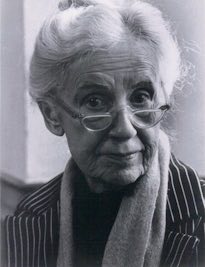
Maggie Kuhn
Following a forced retirement at age 65, Kuhn began work forming the Gray Panthers, an organization which addressed age discrimination and pension rights. Kuhn also addressed large public issues, including nursing home reform, forced retirement and fraud against the elderly.
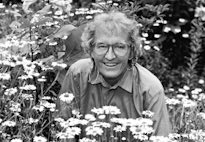
Elisabeth Kübler-Ross
After graduating from the University of Zurich medical school, Dr. Elisabeth Kübler-Ross married and moved to the United States. She began working in hospitals, where she was appalled at the treatment of terminally ill patients. Her 1969 bestseller On Death and Dying revolutionized the medical profession’s treatment and understanding of dying patients, serving as a voice for the rights of the terminally ill. Her work was a catalyst for now commonly accepted ideas such as hospice care, living wills, and death with dignity.

Julie Krone
With more than 3,700 career wins, Julie Krone is the leading female Thoroughbred horse racing jockey of all time. Krone made history in 1993 when she became the first woman to win a Triple Crown event at the Belmont Stakes. In 2003, she went on to become the first woman to win a Breeders’ Cup event at the Juvenile Fillies and the first woman to win a million dollar event at the Pacific Classic. Krone initially retired from horse racing in 1999 and became a commentator and analyst for the TVG racing network, but returned to the sport in 2002, retiring for a second time in 2004. Krone was named ESPN’s 1993 Professional Female Athlete of the Year, and in 2000, she became the first woman inducted into the National Museum of Racing’s Hall of Fame.

Henrietta Lacks
Lacks is best recognized for her immortal HeLa cells, which have been used in research that led to the development of the Polio vaccine, chemotherapy, and contributed to Parkinson’s research.

Susette La Flesche
Member of the Omaha Tribe and a tireless campaigner for native American rights. La Flesche was the first Native American published lecturer, artist and author. She helped change national perceptions about the rights of Native Americans.

Stephanie L. Kwolek
Interested in science and medicine from a young age, Kwolek graduated from Carnegie Institute of Technology and then took a job at DuPont Chemicals to save for graduate studies. However, her love of working with polymers kept her at DuPont, where she discovered the fiber that led to the development of Kevlar, a bulletproof material five times stronger than steel. Kwolek is the recipient or co-recipient of 17 U.S. patents.

Maggie Kuhn
Following a forced retirement at age 65, Kuhn began work forming the Gray Panthers, an organization which addressed age discrimination and pension rights. Kuhn also addressed large public issues, including nursing home reform, forced retirement and fraud against the elderly.

Elisabeth Kübler-Ross
After graduating from the University of Zurich medical school, Dr. Elisabeth Kübler-Ross married and moved to the United States. She began working in hospitals, where she was appalled at the treatment of terminally ill patients. Her 1969 bestseller On Death and Dying revolutionized the medical profession’s treatment and understanding of dying patients, serving as a voice for the rights of the terminally ill. Her work was a catalyst for now commonly accepted ideas such as hospice care, living wills, and death with dignity.

Julie Krone
With more than 3,700 career wins, Julie Krone is the leading female Thoroughbred horse racing jockey of all time. Krone made history in 1993 when she became the first woman to win a Triple Crown event at the Belmont Stakes. In 2003, she went on to become the first woman to win a Breeders’ Cup event at the Juvenile Fillies and the first woman to win a million dollar event at the Pacific Classic. Krone initially retired from horse racing in 1999 and became a commentator and analyst for the TVG racing network, but returned to the sport in 2002, retiring for a second time in 2004. Krone was named ESPN’s 1993 Professional Female Athlete of the Year, and in 2000, she became the first woman inducted into the National Museum of Racing’s Hall of Fame.

Coretta Scott King
One of the most celebrated champions of human and civil rights, Coretta Scott King, in partnership with her husband, Dr. Martin Luther King, Jr., ignited democracy movements worldwide. For over forty years, King traveled extensively as a messenger of peace, justice and social action. Notably, in 1974, she formed and co-chaired the National Committee for Full Employment, formed the Coalition of Conscience (1983), and co-convened the Soviet-American Women’s Summit (1990). In 1969, she became the founding president, chair and chief executive officer of The King Center, the first institution built in memory of an African American leader. As a lifelong advocate for non-violence and coalition building, King’s legacy will continue to serve as an example for years to come.

Billie Jean King
Dominated the world of tennis for more than 20 years, winning 20 Wimbledon titles, 13 U.S. Open titles and more. King was the founder of the Women’s Tennis Association and helped create the Women’s Sports Foundation.
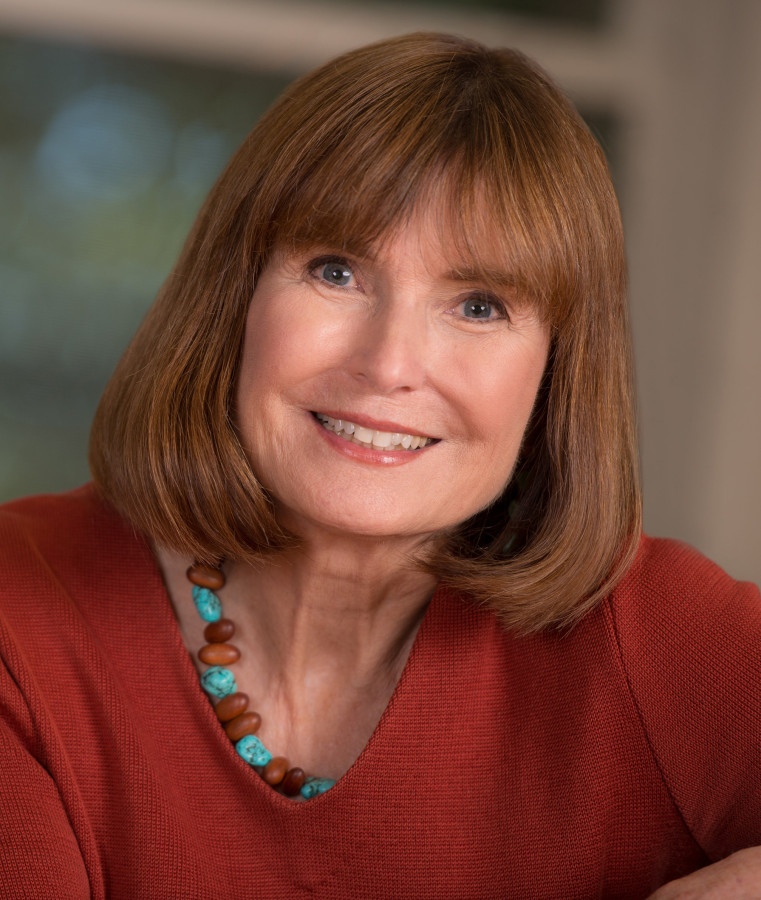
Jean Kilbourne
Through her pioneering work studying images of women in advertising, Jean Kilbourne has changed the conversation as to how organizations and educational institutions address many public health problems including smoking, high-risk drinking eating disorders, obesity, sexualization of children, and violence against women.
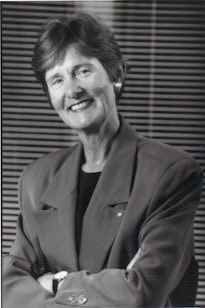
Nannerl O. Keohane
The first contemporary woman to head both a major women’s college (Wellesley) and a research university (Duke). Her efforts have increased minority student enrollment and improved faculty diversity.
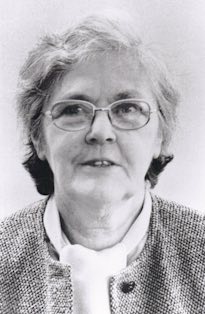
Frances Oldham Kelsey
A medical and pharmaceutical researcher for the Food and Drug Administration, she refused to approve the use of thalidomide in this country, saving countless babies from terrible deformities. As a result of her testimony before Congress, the 1962 drug act was passed, giving the FDA greater control over the manufacture, testing and distribution of drugs. During a career with the FDA which spanned over 39 years, her supervision of clinical investigators has institutionalized the protection of the patient in drug investigations.
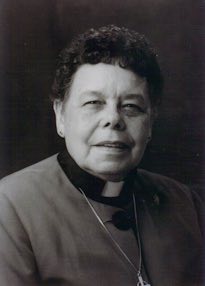
Leontine T.C. Kelly
A Methodist bishop, Leontine T.C. Kelly was the first African American woman to be elected bishop in the United Methodist Church. She served as bishop of the California-Nevada Annual Conference and the president of the Western Jurisdiction College of Bishops. Committed to peace and justice, she was arrested several times for protesting nuclear weapons, and was one of 18 bishops who signed a letter to the Methodist Church in response to its policy toward gays and lesbians in the church.

Coretta Scott King
One of the most celebrated champions of human and civil rights, Coretta Scott King, in partnership with her husband, Dr. Martin Luther King, Jr., ignited democracy movements worldwide. For over forty years, King traveled extensively as a messenger of peace, justice and social action. Notably, in 1974, she formed and co-chaired the National Committee for Full Employment, formed the Coalition of Conscience (1983), and co-convened the Soviet-American Women’s Summit (1990). In 1969, she became the founding president, chair and chief executive officer of The King Center, the first institution built in memory of an African American leader. As a lifelong advocate for non-violence and coalition building, King’s legacy will continue to serve as an example for years to come.

Billie Jean King
Dominated the world of tennis for more than 20 years, winning 20 Wimbledon titles, 13 U.S. Open titles and more. King was the founder of the Women’s Tennis Association and helped create the Women’s Sports Foundation.

Jean Kilbourne
Through her pioneering work studying images of women in advertising, Jean Kilbourne has changed the conversation as to how organizations and educational institutions address many public health problems including smoking, high-risk drinking eating disorders, obesity, sexualization of children, and violence against women.

Nannerl O. Keohane
The first contemporary woman to head both a major women’s college (Wellesley) and a research university (Duke). Her efforts have increased minority student enrollment and improved faculty diversity.

Frances Oldham Kelsey
A medical and pharmaceutical researcher for the Food and Drug Administration, she refused to approve the use of thalidomide in this country, saving countless babies from terrible deformities. As a result of her testimony before Congress, the 1962 drug act was passed, giving the FDA greater control over the manufacture, testing and distribution of drugs. During a career with the FDA which spanned over 39 years, her supervision of clinical investigators has institutionalized the protection of the patient in drug investigations.

Leontine T.C. Kelly
A Methodist bishop, Leontine T.C. Kelly was the first African American woman to be elected bishop in the United Methodist Church. She served as bishop of the California-Nevada Annual Conference and the president of the Western Jurisdiction College of Bishops. Committed to peace and justice, she was arrested several times for protesting nuclear weapons, and was one of 18 bishops who signed a letter to the Methodist Church in response to its policy toward gays and lesbians in the church.
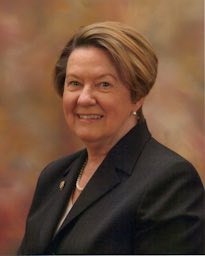
Susan Kelly-Dreiss
Susan Kelly-Dreiss has worked for over 30 years to enact legal protections, implement innovative services and heighten public awareness on behalf of battered women and their children. In 1976, Kelly-Dreiss lobbied for passage of Pennsylvania’s first domestic violence law, and later that same year, she co-founded the nation’s first domestic violence coalition, the Pennsylvania Coalition Against Domestic Violence (PCADV). She was a founding member of the National Network to End Domestic Violence, and has played a key role in drafting federal legislation including the Federal Violence Prevention and Services Act and the Violence Against Women Act.

Helen Keller
Author and lecturer. An illness at the age of 19 months left her deaf, blind and mute. Through the work of teacher Anne Sullivan, she learned to overcome these daunting handicaps and became a powerful and effective national spokesperson on behalf of others with similar disabilities.

Barbara Jordan
First African American woman elected to Congress from the south and the first African American woman to deliver the keynote address at the convention of a major political party (Democratic Convention, 1976). Known as having a brilliant legal mind, Jordan became a professor and lecturer after retiring from Congress.
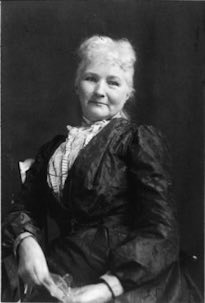
Mary "Mother" Harris Jones
Labor organizer and agitator who was a major figure in the American labor movement. For decades, Jones spoke out and organized for social justice for workers. She worked on behalf of the United Mine Workers and other groups.
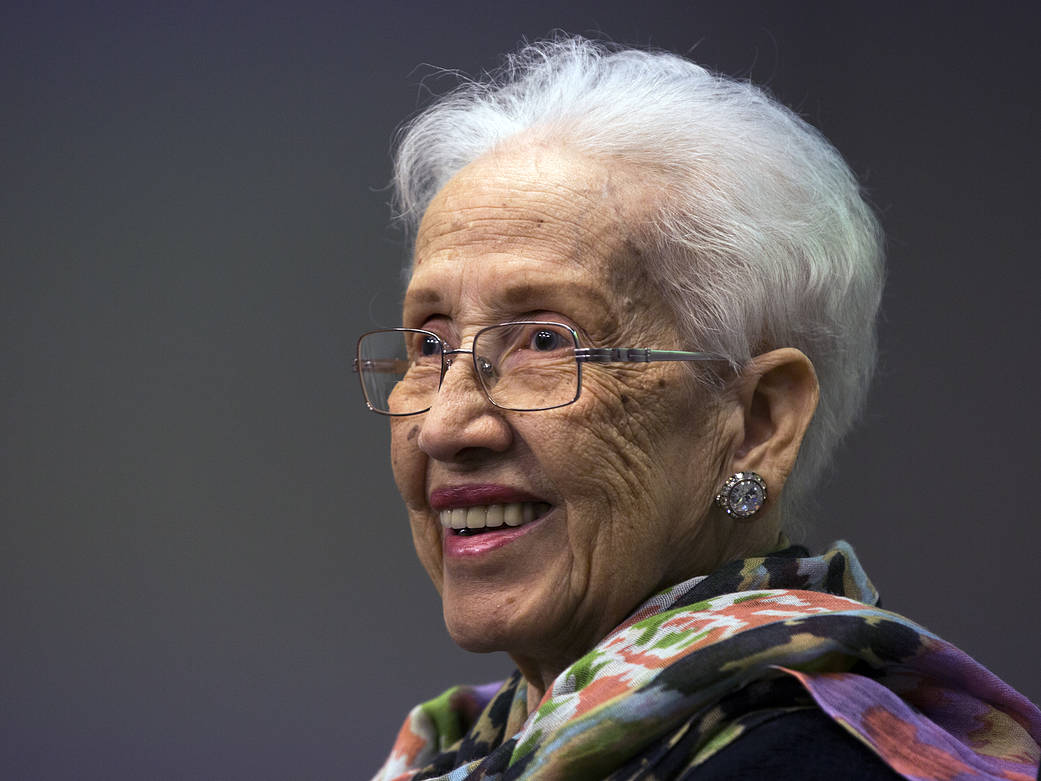
Katherine Johnson
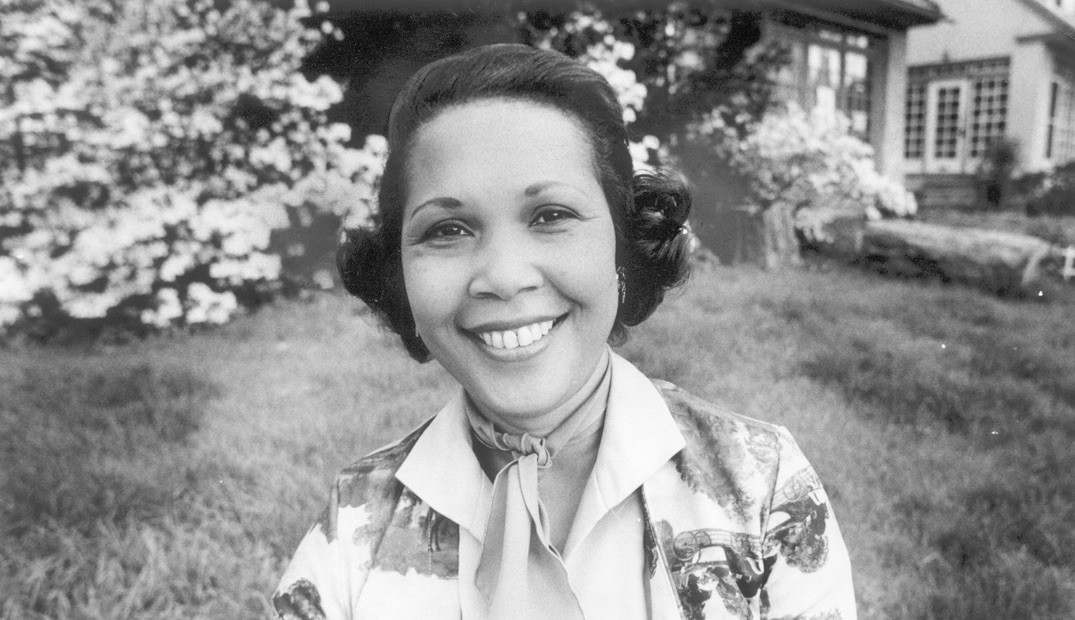
Barbara Rose Johns Powell
A young, civil rights leader, and pioneer. At the age of 16, Powell led a student strike, for equal education, at R.R. Moton High School in Farmville, Virginia.

Susan Kelly-Dreiss
Susan Kelly-Dreiss has worked for over 30 years to enact legal protections, implement innovative services and heighten public awareness on behalf of battered women and their children. In 1976, Kelly-Dreiss lobbied for passage of Pennsylvania’s first domestic violence law, and later that same year, she co-founded the nation’s first domestic violence coalition, the Pennsylvania Coalition Against Domestic Violence (PCADV). She was a founding member of the National Network to End Domestic Violence, and has played a key role in drafting federal legislation including the Federal Violence Prevention and Services Act and the Violence Against Women Act.

Helen Keller
Author and lecturer. An illness at the age of 19 months left her deaf, blind and mute. Through the work of teacher Anne Sullivan, she learned to overcome these daunting handicaps and became a powerful and effective national spokesperson on behalf of others with similar disabilities.

Barbara Jordan
First African American woman elected to Congress from the south and the first African American woman to deliver the keynote address at the convention of a major political party (Democratic Convention, 1976). Known as having a brilliant legal mind, Jordan became a professor and lecturer after retiring from Congress.

Mary "Mother" Harris Jones
Labor organizer and agitator who was a major figure in the American labor movement. For decades, Jones spoke out and organized for social justice for workers. She worked on behalf of the United Mine Workers and other groups.

Katherine Johnson

Barbara Rose Johns Powell
A young, civil rights leader, and pioneer. At the age of 16, Powell led a student strike, for equal education, at R.R. Moton High School in Farmville, Virginia.

Mae Jemison
Physician, engineer and astronaut. Jemison was the first African American woman astronaut in space, traveling on the Endeavor in 1992. Jemison today works on linking space age technology with developing nations and encouraging women and minorities to enter scientific fields.
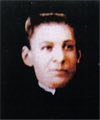
Frances Wisebart Jacobs
The driving force behind the concept of today’s United Way, founder of the Frances Jacobs Hospital (National Jewish Hospital for Immunology and Respiratory Medicine), an educator and philanthropist.
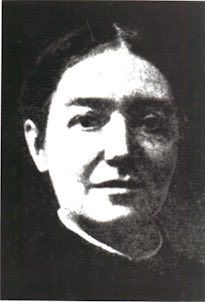
Mary Putnam Jacobi
Physician who founded the Association for the Advancement of Medical Education of Women. Jacobi was a leader in obtaining quality medical education for women.
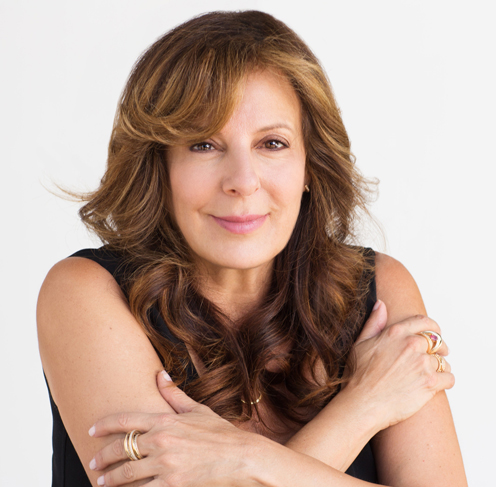
Victoria Jackson
A cosmetic entrepreneur who created, funded, and led a research foundation that has shaped a paradigm-breaking approach to medical research. The Guthy-Jackson Charitable Foundation has created a global community of patients, advocates, and healthcare stakeholders, with significant positive impact on the treatment of autoimmune and related diseases.
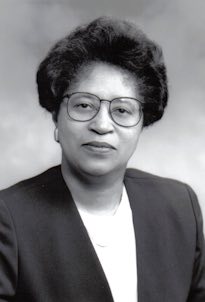
Shirley Ann Jackson
First woman to chair the United States Nuclear Regulatory Commission and the first African American woman to serve on the Commission. Elected a Fellow of the American Physical Society for her contribution to physical science, she became an advocate for women in the areas of science, education and public policy. As Chair of NRC, she rearticulated the vision of the NRC to include reaffirmation of the basic health and safety mission of the agency.
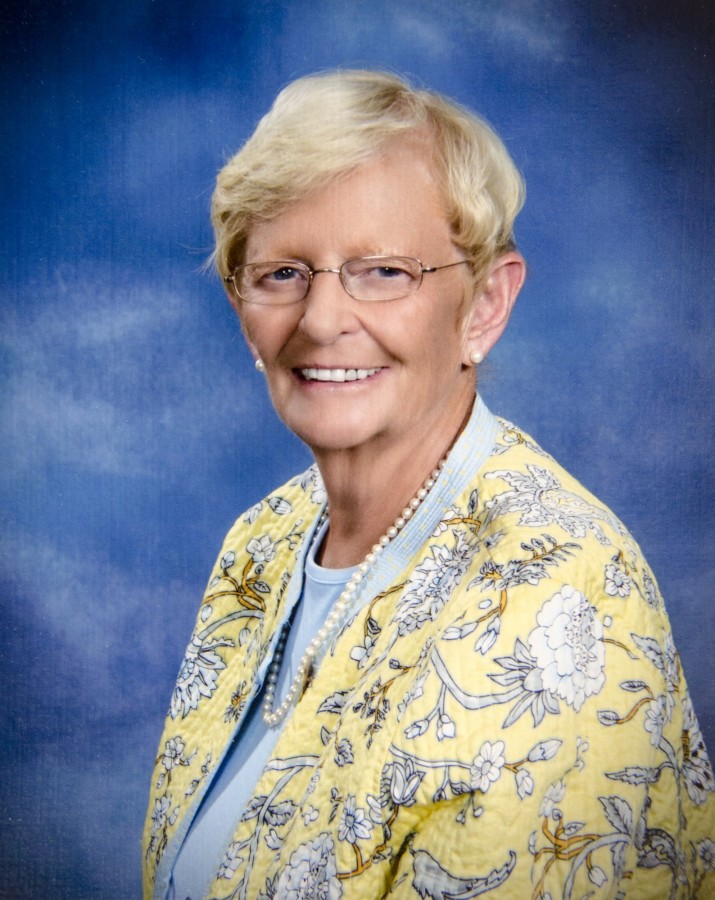
Barbara Iglewski
Microbiologist whose landmark discovery that pathogenic bacteria communicate with each other via a system known as “quorum sensing” served as the foundation for an entire field of study and has led to drug development to interrupt the bacterial communication process.

Mae Jemison
Physician, engineer and astronaut. Jemison was the first African American woman astronaut in space, traveling on the Endeavor in 1992. Jemison today works on linking space age technology with developing nations and encouraging women and minorities to enter scientific fields.

Frances Wisebart Jacobs
The driving force behind the concept of today’s United Way, founder of the Frances Jacobs Hospital (National Jewish Hospital for Immunology and Respiratory Medicine), an educator and philanthropist.

Mary Putnam Jacobi
Physician who founded the Association for the Advancement of Medical Education of Women. Jacobi was a leader in obtaining quality medical education for women.

Victoria Jackson
A cosmetic entrepreneur who created, funded, and led a research foundation that has shaped a paradigm-breaking approach to medical research. The Guthy-Jackson Charitable Foundation has created a global community of patients, advocates, and healthcare stakeholders, with significant positive impact on the treatment of autoimmune and related diseases.

Shirley Ann Jackson
First woman to chair the United States Nuclear Regulatory Commission and the first African American woman to serve on the Commission. Elected a Fellow of the American Physical Society for her contribution to physical science, she became an advocate for women in the areas of science, education and public policy. As Chair of NRC, she rearticulated the vision of the NRC to include reaffirmation of the basic health and safety mission of the agency.

Barbara Iglewski
Microbiologist whose landmark discovery that pathogenic bacteria communicate with each other via a system known as “quorum sensing” served as the foundation for an entire field of study and has led to drug development to interrupt the bacterial communication process.
